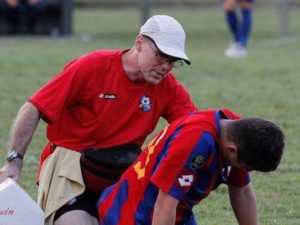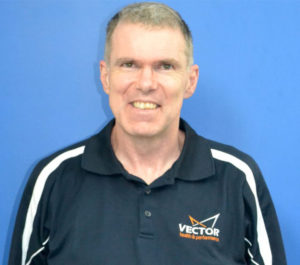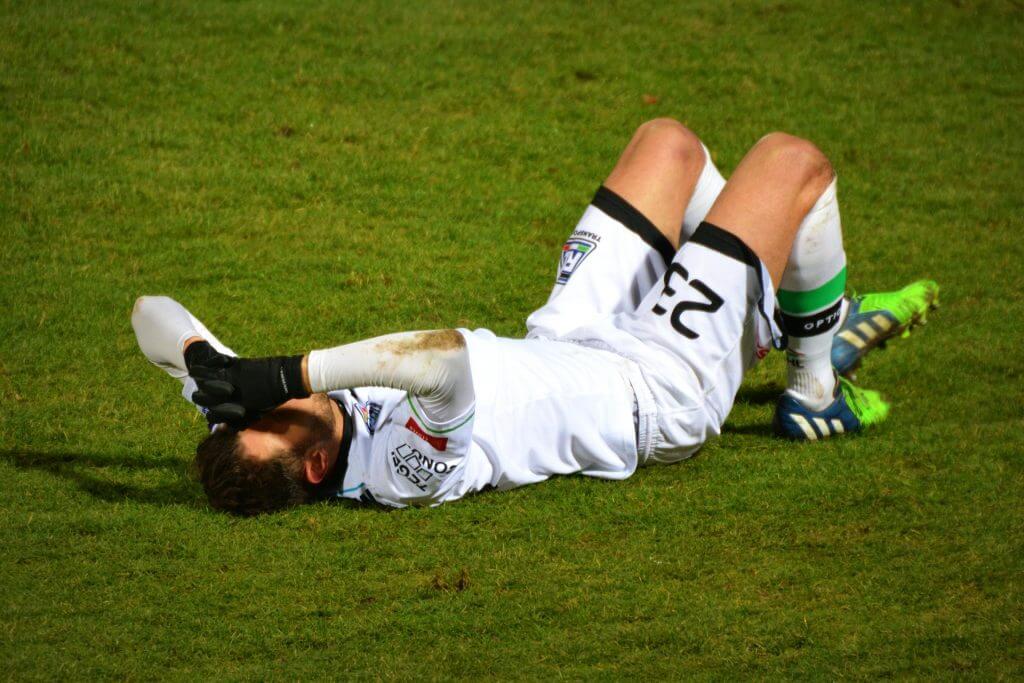If you have been diagnosed with a sports concussion the first thought will often be ‘when can I return to play?
Just about all major sports now have guidelines for return to play. These are based on an international set of guidelines, established by a very large group of experts on concussion. Every couple of years they get together and discuss what new evidence has been discovered and what is working or not working in concussion management. They then publish an update for us to use.
Though there has been some fine tuning in the last guidelines, the return to play protocol has not changed noticeably over the last 4 years. This suggests it is very robust and works well. Its aim is to get a player back to sport as soon as possible, but with player safely a paramount focus.
The protocol is individually focused, unlike older guidelines that were time based. This change is important as all concussions are different and recover differently. You may have had a large collision and recover quickly, but just as likely had a minor knock and take some time to recover.
The return to play protocol has a number of stages you need to pass before you can resume playing. You also need a final medical clearance. In each stage you are allowed to do a bit more than before, but to progress, your symptoms need to be stable. The stages consist of 1. Rest, 2. Light aerobic activity, 3. Sport specific activity and weights, 4. Contact training, and finally 5. Return to sport.
In normal circumstances we expect adults to pass through these stages in approximately 2 weeks, that is they will miss one weeks play. Children and adolescents (U18), because of their developing brain tend to recover slower, so typically will take a month to recover.
Some concussions have a delayed recovery. There are multiple possible reasons for this, but two common ones are the involvement of the neck and the balance system. These two regions can reproduce symptoms similar to those of a concussion. An assessment by an experienced physiotherapist can help determine if this is the case. Treatment to these regions will then help recovery.
A concussion is a serious injury and should be treated as such. The old attitude of toughen up and get on with it has left a number of our retired athletes with long term health problems. Don’t become the next one. If you have had a concussion, seek experienced advice, then follow a structured and supervised return to sport plan.



